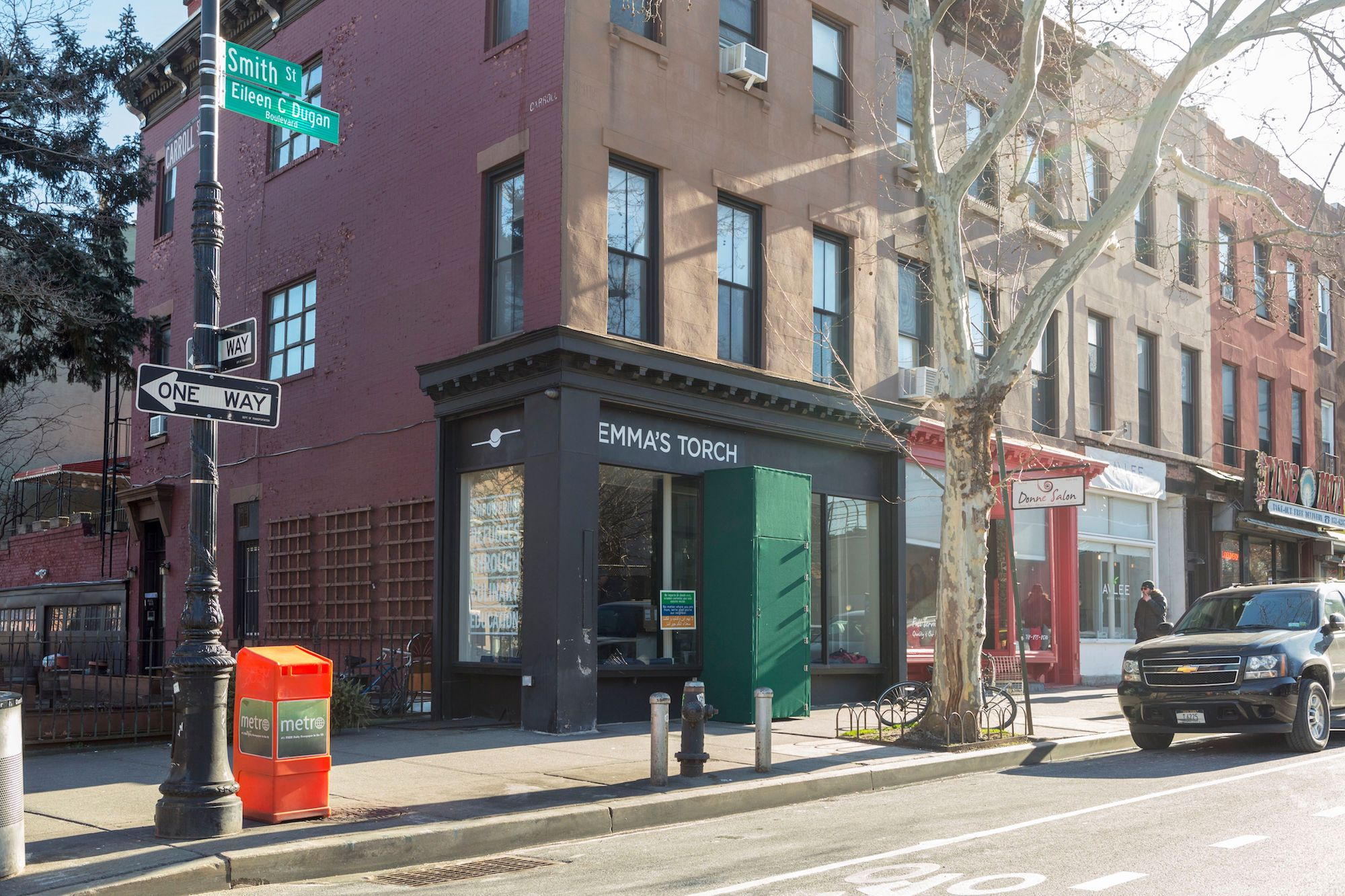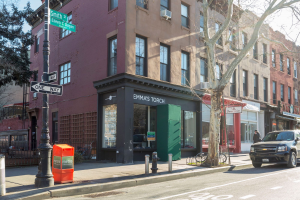
Written By: Olivia McCaa

For Nkem Oghedo, diving headfirst into the food industry would lead her down an exciting and rewarding path.
“I’ve never been in the food industry, I’ve never worked with chefs, and you would be surprised at just how much you can learn from doing,” said Oghedo, who founded Adá’s Supper Club, a meal delivery website that highlights Black and female chefs. “It’s like many of the entrepreneurs that you see now really don’t know what they are doing, but they just try to make a path for themselves.”
In the spring of 2020, Oghedo embarked on the journey of beginning a pop-up startup business. Oghedo, at the time, had no previous experience working in the food industry, but she knew that she could create a great company that had the potential of significantly impacting her community.
“I have always wanted to start a business, and telling Black and women’s stories has always been something that’s important to me,” Oghedo said.
As a business owner without a designated shop, Oghedo found herself being more intentional and conscious of her work and impact. With COVID-19, Oghedo was able to understand her reason for starting Adá’s.
“It helps us to focus on what the actual mission is,” she said. “I think that we as people, and folks who are creating things in the world, tend to get so caught up in the things they are making that you lose sight of the why you are doing that thing.”
New York City had nearly 359,000 women-led businesses and owners back in March 2020, according to the Funding Circle. For many of these owners, being a woman is an important aspect of their identity that they are unwilling and unable to hide. Nonetheless, women and Black people continue to remain excluded from much of the food industry. “When it comes to food as an elite experience,” Oghedo says, “Black folks and women are heavily erased from that conversation. This is a dynamic that I have seen occur in so many spaces.”
Despite their lack of representation in the culinary industry, women provide unique perspectives of food and culture, which many women-led businesses and companies embody.
For executive director Kerry Brodie of Emma’s Torch in Brooklyn, she understood that part of serving her workers and students was bringing forth her whole identity as a female entrepreneur. For Brodie, part of this has been honoring the messages and work of women before her.
“We are named after Emma Lazarus, whose poem is on the side of the Statue of Liberty. She was a fierce advocate for refugees in the 1800’s, and so it is a testament to her vision,” Brodie said.
The poem in question, “The New Colossus,” speaks of the Statue of Liberty, itself in the image of a woman with a torch, who acts as a beacon of hope for those who come seeking her and thus salvation. Emma’s Torch is thusly a non-profit that provides culinary training and job placement services to refugees, asylees, and survivors of human trafficking through multiple platforms such as cafés, catering businesses, and full-service restaurants.
Brodie continues to work diligently to help her students while offering customers an opportunity to use their spending power for good through a memorable dining experience.
“We are pretty unique because we have this duality of being a place of education but also a place of entertainment for our customers,” says Brodie.
Often women chefs and restaurateurs face doubt, mistreatment, and discouragement in their workplace. For Rivka Orlin, the founder of Cafe Mogador in Williamsburg, she knew this type of malice all too well.
Rivka immigrated to the East Village from Morocco in 1981. She came with her son as a single mother and needed a way to provide for her family, all while balancing a hostile work environment.
“It was no secret that it was a women-led business. She was cooking the food, running the tables, and everybody knew her,” said Daniel Orlin, Rivka’s son who spoke to the Vanguard on her behalf.
Cafe Mogador still remains a family run business with Daniel and his brother primarily running the business and Rivka frequently visiting and helping out.
“It’s now on to the second generation of our family to run this restaurant and it has a big part of our identity,” Daniel says.
In the 80s, Rivka dealt with vendors, co-workers, and repairmen who would try to demean her. Others would attempt to take advantage of her work and the fact that she was a women-led business.
“My mother was lucky because in the East Village at that time, you did not need much capital to open up a hole in the wall so she was able to get by that way,” Orlin says.
For women like Oghedo, Rivka, and Brodie, they built a space where they could share their culinary passions and that of others. Individually, each saw how food and beverage have a way of telling stories and connecting people. Regardless of how others may view them in the workforce, they continue to strive for their workers and customers.
“Subconsciously, I think many people don’t associate women being in charge, and I think part of it stems from a place of fear. Fear of change and the status quo,” Oghedo said.
